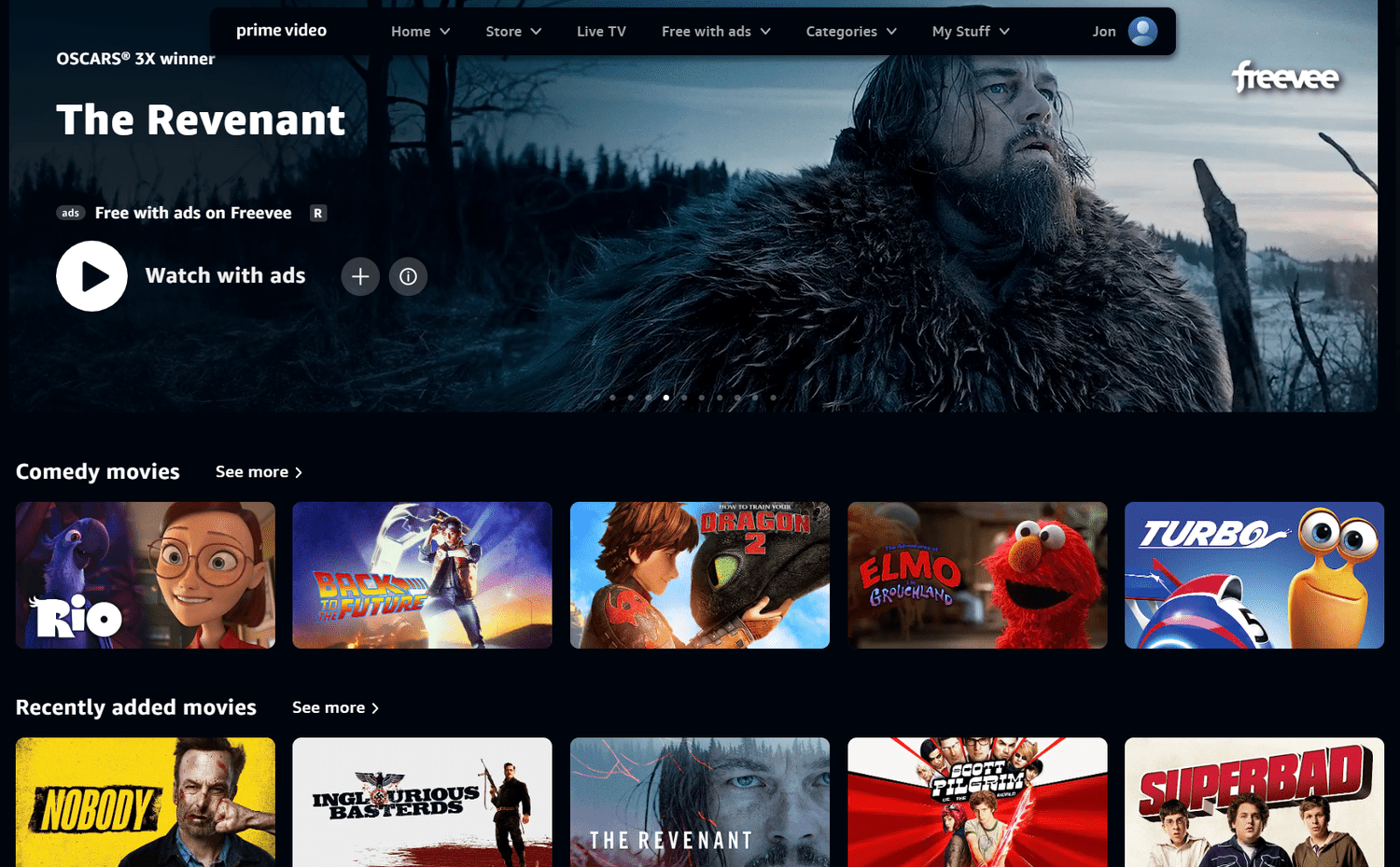In today’s digital age, maintaining online privacy has become a critical concern for many internet users. As the internet evolves, so does the need for anonymous browsing. Whether you’re looking to protect sensitive information, avoid tracking, or access region-restricted content, there are several anonymous browsing options available that provide varying levels of privacy and security. This article will explore the best ways to browse the web anonymously.
What is Anonymous Browsing?
Anonymous browsing refers to the act of accessing the internet without revealing your true identity or personal data. Typically, websites and third-party advertisers track users’ browsing habits using cookies, IP addresses, and other tracking tools. However, with the right tools, you can reduce or eliminate the amount of data collected about you. Anonymous browsing is essential for individuals concerned about their privacy, particularly in regions with strict online surveillance.
Why Is Anonymous Browsing Important?
There are several reasons why people might seek out anonymous browsing options:
- Privacy Protection: Prevent your personal data from being collected by websites and third-party advertisers.
- Security: Protect yourself from hackers, especially on public Wi-Fi networks.
- Access Restricted Content: Bypass regional restrictions on streaming services or websites.
- Freedom of Expression: In some countries, the government monitors online activity. Anonymous browsing allows users to express themselves freely without fear of reprisal.
Now, let’s dive into some of the best anonymous browsing options available today.
Top Anonymous Browsing Tools
1. Virtual Private Networks (VPNs)
A Virtual Private Network (VPN) is one of the most popular and effective tools for anonymous browsing. A VPN routes your internet traffic through an encrypted tunnel to a remote server, masking your IP address and making it difficult for websites and third parties to track your online activity.
Benefits of VPNs:
- IP Address Masking: VPNs hide your real IP address, making it appear as though you’re browsing from a different location.
- Data Encryption: VPNs encrypt all the data sent between your device and the internet, protecting you from potential cyber-attacks.
- Bypass Geo-Restrictions: Many VPNs allow you to choose servers in different countries, which can help you bypass region-locked content.
Top VPN Providers:
- ExpressVPN: Known for its speed and reliability.
- NordVPN: Offers excellent security features with double encryption.
- CyberGhost: A user-friendly VPN with a large server network.
2. Tor Browser
The Tor Browser is designed specifically for anonymous browsing. Tor (The Onion Router) is a free, open-source software that anonymizes your internet traffic by routing it through a network of volunteer-operated servers. Each server only knows the preceding and next server, ensuring your browsing remains private.
Benefits of the Tor Browser:
- Multi-layered Encryption: Tor uses a process called “onion routing,” which adds multiple layers of encryption to your data.
- Complete Anonymity: Since your traffic is routed through several servers, your identity and browsing habits are effectively masked.
- Access to the Dark Web: Tor also provides access to hidden websites, often called the Dark Web, which are not indexed by traditional search engines.
However, the Tor Browser can be slower than other browsers because of its multi-layered routing process.
3. Proxy Servers
A proxy server acts as an intermediary between your device and the internet. When using a proxy, your internet requests are sent to the proxy server, which then forwards them to the website you’re trying to access. The website only sees the IP address of the proxy server, not your real IP address.
Benefits of Proxy Servers:
- IP Address Obfuscation: Your real IP address is hidden, making it harder for websites to track you.
- Cost-Effective: Many free proxy servers are available online, though paid services tend to offer better speeds and security.
- Bypass Geo-Restrictions: Like VPNs, proxies allow you to access region-restricted content by routing your traffic through servers in other locations.
However, proxy servers do not encrypt your data, so they are not as secure as VPNs or Tor.
4. Private Browsing Modes
Most modern web browsers offer a private browsing mode, also known as incognito mode. While this feature does not provide complete anonymity, it prevents your browser from storing history, cookies, or form data during your session.
Benefits of Private Browsing Mode:
- No Local Storage: Your browsing history, cookies, and cached files are not stored on your device.
- Prevent Tracking on Shared Devices: Private mode is useful for preventing other users on the same device from seeing your browsing history.
- Quick and Easy: No additional software is required.
However, private browsing does not mask your IP address or prevent websites and advertisers from tracking your activity online. For true anonymity, it’s better to use a VPN or the Tor Browser.
5. Anonymous Search Engines
While mainstream search engines like Google track and store user data, there are anonymous search engines designed to protect your privacy.
Top Anonymous Search Engines:
- DuckDuckGo: One of the most popular anonymous search engines, DuckDuckGo does not track your search history or collect personal information.
- StartPage: Combines the power of Google’s search results with enhanced privacy protection. It acts as an intermediary between you and Google, preventing the search engine from tracking your activity.
- Qwant: A European search engine with a strong focus on privacy.
These search engines offer a safer alternative for users who want to avoid data collection by tech giants.
6. Encrypted Messaging Apps
For those who want to ensure privacy in their communications, using encrypted messaging apps is a must. Apps like Signal, WhatsApp, and Telegram offer end-to-end encryption, ensuring that only the sender and recipient can read the messages.
Benefits of Encrypted Messaging:
- End-to-End Encryption: Messages are encrypted on both ends, meaning that even the app provider cannot access your conversations.
- Privacy in Communication: Ideal for protecting sensitive information in your chats.
- Wide Availability: Many encrypted messaging apps are free and easy to use.
Conclusion: Choosing the Right Anonymous Browsing Option
When it comes to anonymous browsing, there is no one-size-fits-all solution. Your choice will depend on your specific needs, such as the level of anonymity required and the type of content you want to access. For casual users, a combination of a VPN and private browsing mode may be sufficient. For those in high-risk environments, such as activists or journalists, the Tor Browser offers robust anonymity at the cost of speed. Finally, using anonymous search engines and encrypted messaging apps further enhances your online privacy.
By leveraging these tools and understanding their strengths and weaknesses, you can significantly improve your online privacy and take control of your internet browsing experience.




